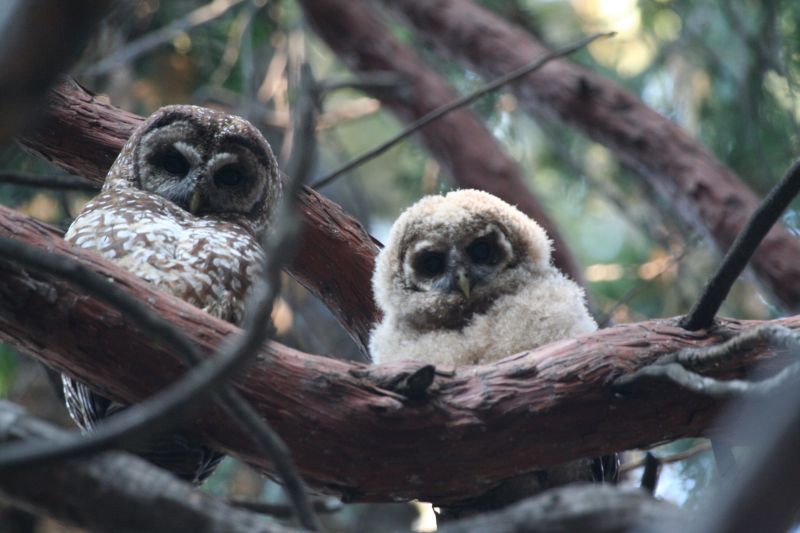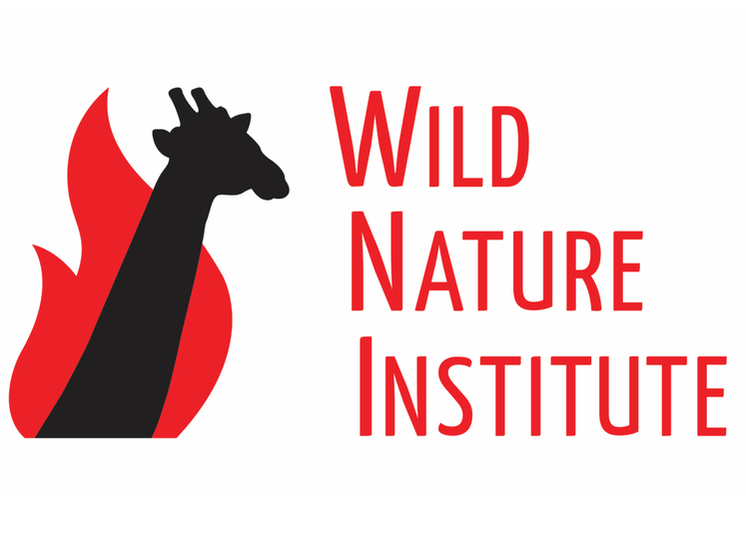|
Yesterday the U.S. Fish and Wildlife Service agreed with the Wild Nature Institute and John Muir Project that sufficient information existed to consider listing the California Spotted Owl as endangered or threatened under the federal Endangered Species Act. Last December we submitted a petition to list the subspecies because the science clearly shows owl populations are declining on public and private lands where logging is allowed, but stable in national parks where logging is prohibited. This is just a step in the process: after a public comment period and further investigation, the Fish and Wildlife Service should make a final determination about listing the owl within a year. The recognition that fire-related logging such as thinning and post-fire tree-cutting is harming owls is significant, and we applaud the Service for this decision. Los Angeles Times: Wildlife Groups Seek Federal Protection for the California Spotted Owl
http://www.latimes.com/science/sciencenow/la-sci-sn-california-spotted-owl-20150918-story.html By Louis Sahagun
In the latest round in a 15-year legal battle to keep the California spotted owl safe from U.S. Forest Service logging policies, federal wildlife authorities have agreed to reconsider an earlier decision to deny the timid raptor protection under the Endangered Species Act. In 2006, the U.S. Fish and Wildlife Service determined there was inconclusive evidence that spotted owl populations in the Sierra Nevada range and the mountains of Southern California were in decline or threatened by logging operations. New research, however, indicates that thinning and post-fire salvage logging are "the main threat to the spotted owls' survival," according to a petition for listing filed late last year by the Wild Nature Institute and the John Muir Project of Earth Island Institute. On Friday, Fish and Wildlife agreed that listing may be warranted for the owl, known by scientists as Strix occidentalis occidentalis. The agency said that is because the owl population of about 1,200 pairs – most of them on Forest Service lands subject to extensive logging -- is so small it has "an impoverished gene pool." Officials also agreed that owl habitat loss and fragmentation from logging may exacerbate threats posed by climate change, invasive species and development. "I’m very encouraged by the agency’s decision," said Chad Hanson, an ecologist and spokesman for the John Muir Project. "It means that we have greater potential to protect the owl and its habitat from logging on public lands than ever before." Stanton Florea, a spokesman for the Forest Service's Pacific Southwest Region, declined to comment except to say that "we'll be providing the Fish and Wildlife Service any information they request as part of the process." Mike Albrecht, a registered professional forester and president of Sierra Resource Management, a timber harvesting business in Sonora, Calif., said, "The main danger to the spotted owl is wildfire in forests that are overgrown. "Salvage logging of a burned forest does nothing to endanger the owl," he added. "Keeping our forests healthy, thinned and green is good for the owl and all wildlife." The medium-sized, mottled chocolate brown owls are nocturnal, considered monogamous and largely remain in their home ranges year-round. The species had been solely associated with dense, old-growth forests and thickly wooded canyons, a notion that made it a lightning rod for blame in the timber and logging industry. The overwhelming view of conservationists now is that the species is well adapted to low- and moderate-severity wildfires, and appears to prefer high-severity burned areas within their territory for foraging. "The Forest Service claims thinning, timber harvesting and salvage logging are needed to reduce the threat of fire and improve habitat for owls," Hanson said. "We now know that the owls forage among charred logs and snags because they are great habitat for small mammals such as pocket gophers -- a delicacy for them." The Department of the Interior is expected to make a final decision on the status of the California spotted owl next year.
0 Comments
Your comment will be posted after it is approved.
Leave a Reply. |
Science News and Updates From the Field from Wild Nature Institute.
All Photos on This Blog are Available as Frame-worthy Prints to Thank Our Generous Donors.
Email Us for Details of this Offer. Archives
July 2024
|
|
Mailing Address:
Wild Nature Institute PO Box 44 Weaverville, NC 28787 Phone: +1 415 763 0348 Email: [email protected] |
|


 RSS Feed
RSS Feed
